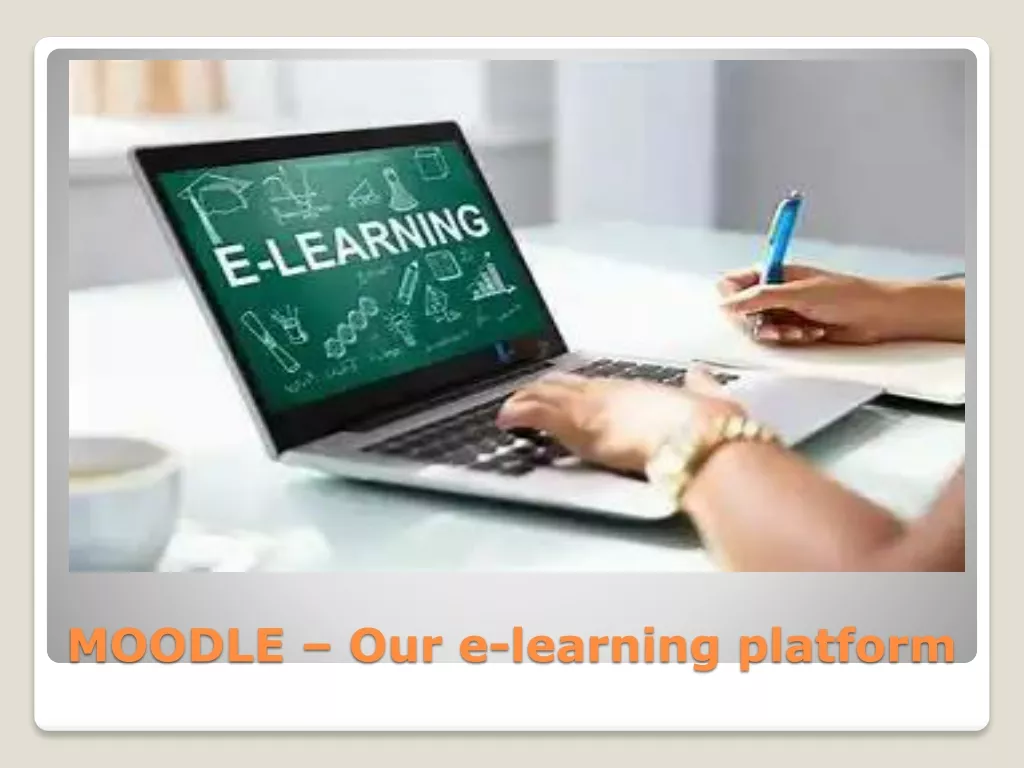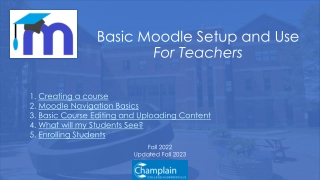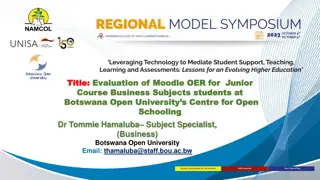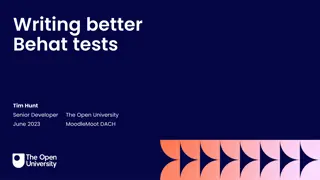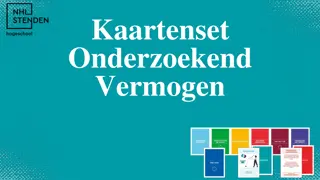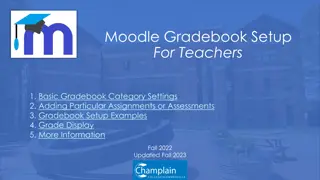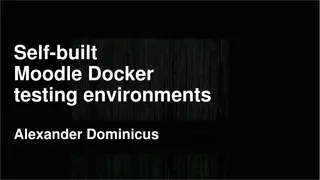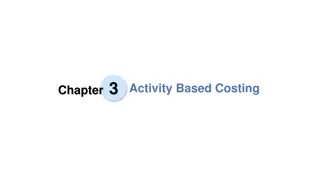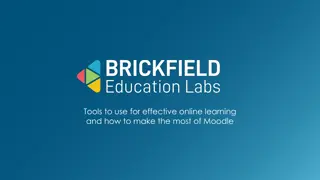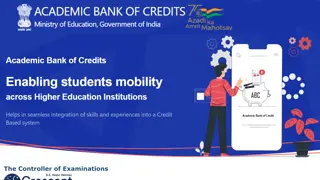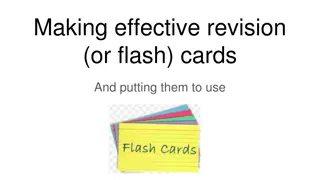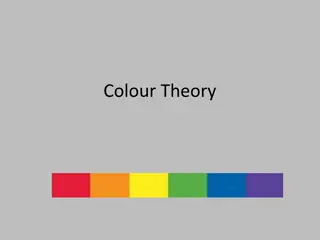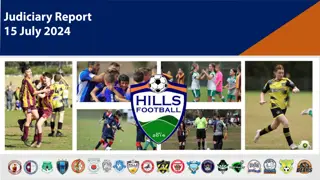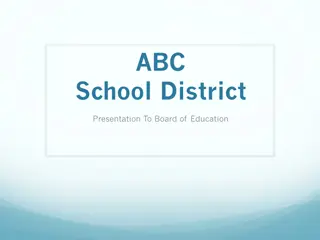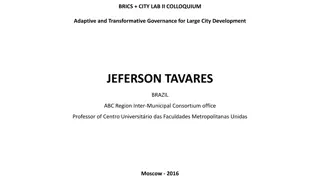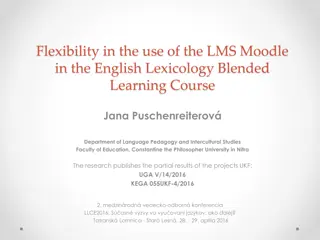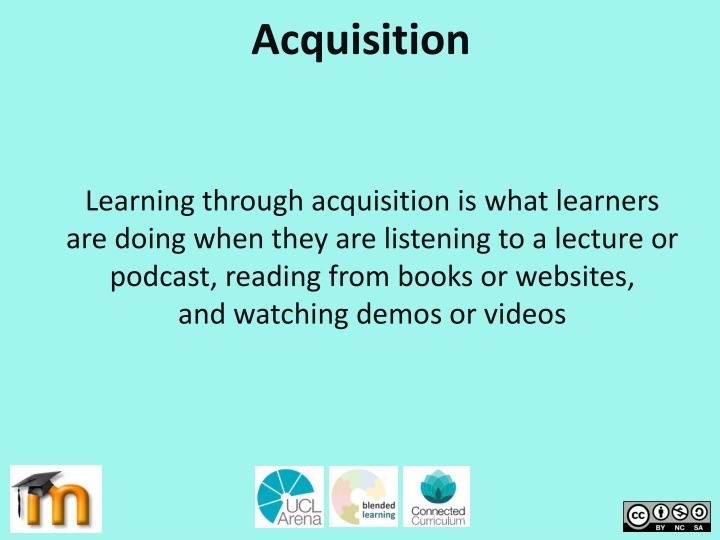
Effective Learning Strategies: Acquisition, Collaboration, Discussion, Investigation
Enhance your learning experience by understanding the various strategies such as acquisition, collaboration, discussion, and investigation. From listening to lectures to engaging in discussions, exploring resources, and critiquing texts, these methods contribute to a well-rounded learning process.
Uploaded on | 0 Views
Download Presentation

Please find below an Image/Link to download the presentation.
The content on the website is provided AS IS for your information and personal use only. It may not be sold, licensed, or shared on other websites without obtaining consent from the author. If you encounter any issues during the download, it is possible that the publisher has removed the file from their server.
You are allowed to download the files provided on this website for personal or commercial use, subject to the condition that they are used lawfully. All files are the property of their respective owners.
The content on the website is provided AS IS for your information and personal use only. It may not be sold, licensed, or shared on other websites without obtaining consent from the author.
E N D
Presentation Transcript
Acquisition Learning through acquisition is what learners are doing when they are listening to a lecture or podcast, reading from books or websites, and watching demos or videos
Collaboration Learning through collaboration embraces mainly discussion, practice, and production. Building on investigations and acquisition it is about taking part in the process of knowledge building itself
Collaboration Conventional method Digital technology small group projects using online forumsM08, wikisM15, chatM23 for discussing others outputs. small group project. discussing others outputs. building joint output. building joint digital outputs using databasesM47, glossariesM24, wikisM15. Reading books, papers; M## - UCL Moodle Mini Guides are available at http://ucl.ac.uk/moodleguides
Acquisition Conventional method Digital technology reading digital documents, resources via the UCL Reading ListM10. reading books, papers listening to teacher presentations face-to-face, lectures reading websites, watching multimedia via URLM03. watching demonstrations, master classes watching animations, videos by embedding videoM02b. listening to podcasts, webcasts by embedding audioM02b. Reading books, papers; M## - UCL Moodle Mini Guides are available at http://ucl.ac.uk/moodleguides
Discussion Learning through discussion requires the learner to articulate their ideas and questions, and to challenge and respond to the ideas and questions from the teacher, and/or from their peers
Investigation Learning through investigation guides the learner to explore, compare and critique the texts, documents and resources that reflect the concepts and ideas being taught
Investigation Conventional method Digital technology online search via the Library Search blockM05. analysing ideas and information from digital resources accessed via the UCL Reading ListM10. using text-based study guides analysing the ideas and information in a range of materials and resources using conventional methods to collect and analyse data sharing & analysing digital texts with peers in a databaseM47. comparing texts in a range of materials and resources; Using conventional methods to collect Comparing texts, searching and evaluating information and ideas. searching and evaluating information and ideas raising queries about concepts using hot questionM18. comparing digital texts in an online discussionM08. M## - UCL Moodle Mini Guides are available at http://ucl.ac.uk/moodleguides
Discussion Conventional method Digital technology tutorials. online tutorials, seminars with Blackboard CollaborateM46. seminars. synchronous chatsM23. discussion groups. asynchronous discussion forumsM08. class discussions. student presentations & discussion with Blackboard CollaborateM46. Reading books, papers; M## - UCL Moodle Mini Guides are available at http://ucl.ac.uk/moodleguides
Practice Learning through practice enables the learner to adapt their actions to the task goal, and use the feedback to improve their next action. Feedback may come from self-reflection, from peers, from the teacher, or from the activity itself, if it shows them how to improve the result of their action in relation to the goal
Production Learning through production is the way the teacher motivates the learner to consolidate what they have learned by articulating their current conceptual understanding and how they used it in practice
Production Conventional method Digital technology producing shared digital documents in wikisM15,discussion forumsM08. producing articulations using: statements. performances captured on video (via LecturecastM27). essays. reports. final assessments submitted for peer markingM37or marking by tutorsM09. accounts. designs. photos shared in Lightbox GalleryM54. Reading books, papers; performances. images, videos, animations, other artefacts shared in databasesM47. artefacts. blogsM16. animations. e-portfolios using MyPortfolio. models. videos. M## - UCL Moodle Mini Guides are available at http://ucl.ac.uk/moodleguides
Practice Conventional method Digital technology online tests using QuizM12, HotPotM38 practising exercises. case studies using lessonM21 pathways. doing practice-based projects. virtual labs using lessonM21 questions. labs. virtual field trips with embedded imagesM02a & videosM02b in lessonsM21. field trips. face-to-face role-play activities. embeddedM02bsimulations and linksM03 to virtual worlds. Reading books, papers; online presentationsM46 by students. dynamic external content via TwitterM02c, RSS feedsM05f. visual models (e.g. JmolM33). assessments submitted for peer feedbackM37or marking by tutorsM09. M## - UCL Moodle Mini Guides are available at http://ucl.ac.uk/moodleguides



